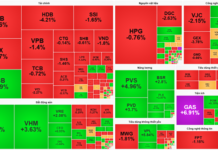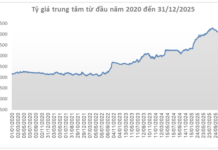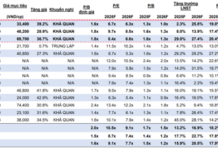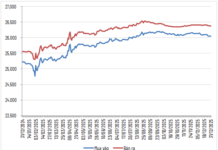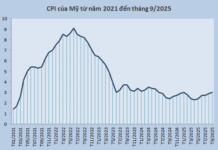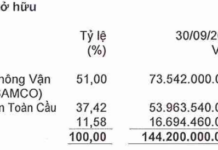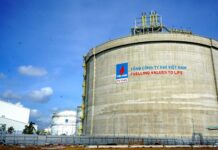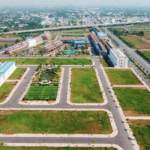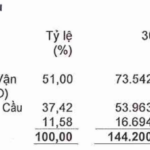During the meeting on the draft Land Law (amended) on August 13, Deputy Prime Minister Tran Hong Ha emphasized the need to adhere to the “single price” principle for land valuation, with the State determining the price and applying it consistently across all transactions.
“Localities should implement a unified land price list, adjusting it based on market data while keeping the price coefficient unchanged until new policy decisions are made,” the Deputy Prime Minister added.
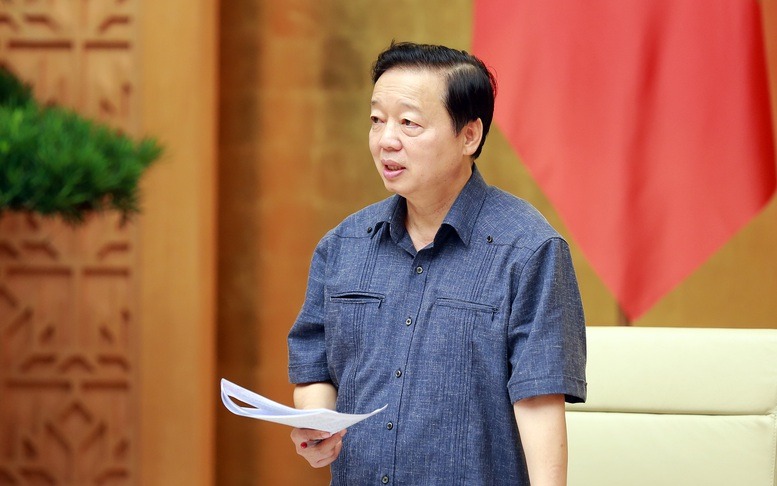
Deputy Prime Minister Tran Hong Ha at the meeting on the draft Land Law (amended)
According to the Ministry of Agriculture and Environment, after one year of implementing the 2024 Land Law, in addition to the achievements, several issues and obstacles have emerged, requiring further research, amendments, and supplements to align with reality and boost socio-economic development.
The current land use planning and management system is deemed unsuitable for the two-tier local government model. While the 2024 Land Law allows localities with urban and rural planning to forgo separate land use planning, using the former as a tool for land management, the reality is that the coverage of urban and rural planning nationwide is still low. Many areas are not fully covered by administrative boundaries, leading to overlaps as localities still need to establish land use plans.
Another issue pertains to maintaining the stability of rice cultivation land area as per Conclusion No. 81-KL/TW of the Politburo in 2020, with a target of 3.5 million hectares, higher than the actual demand for ensuring national food security. This has created challenges for localities intending to convert rice cultivation land for industrial, commercial, service, and infrastructure development. Additionally, the lack of coordination between land use planning and planning in other sectors has reduced management effectiveness.
Regarding land allocation and lease, the predominant methods are auctions for land use rights and bidding for investor selection as stipulated by law. However, these processes are time-consuming, and in many cases, they fail to select genuinely capable investors, leading to project delays and hindering investment attraction. Particularly for large-scale and complex projects requiring exceptional investors, the bidding mechanism poses challenges in investor selection. Furthermore, the annual land lease payment method restricts investors’ business accounting and capital mobilization, especially in the fields of healthcare, education, culture, social services, and accommodation services.
Moreover, the 2024 Land Law lacks clear regulations on land retrieval for urban renovation projects, urgent projects serving political and diplomatic tasks, free trade areas, international financial centers, logistics, cultural industries, and mixed-use projects. This absence of a retrieval mechanism has complicated land access and project implementation while also affecting production and business operations due to the lack of available land.
The “hanging projects” phenomenon, caused partly by the inability to reach land transfer agreements, has resulted in land resource wastage and investment delays. Additionally, the regulation requiring land retrieval only after approving compensation, support, and resettlement plans is inconsistent with the urgent requirements of many critical projects, creating implementation challenges.
On land pricing, while the State needs to control and determine land prices in the primary market, the current land valuation depends on secondary market prices and advice from specialized units, leading to prices that do not accurately reflect reality.
The surplus valuation method also encounters obstacles due to its reliance on volatile market information, affecting not only land access procedures but also increasing investment costs and reducing local competitiveness.
Furthermore, the lack of harmony between the Land Law and related laws such as the Law on Asset Auction, the Law on Urban and Rural Planning, and the Law on Bidding causes difficulties in the law’s implementation, especially during the transition period between the old and new laws. Many land-use projects go through different legal stages, but the lack of clear transitional provisions leaves localities confused about handling dossiers and implementing projects.
The Latest Directive on Social Housing in Ho Chi Minh City
The Ho Chi Minh City Department of Construction will be directly engaging with investors to address challenges and ensure smooth project execution. With a focus on timely completion, the department aims to establish a steering committee for social housing development in August 2025.



